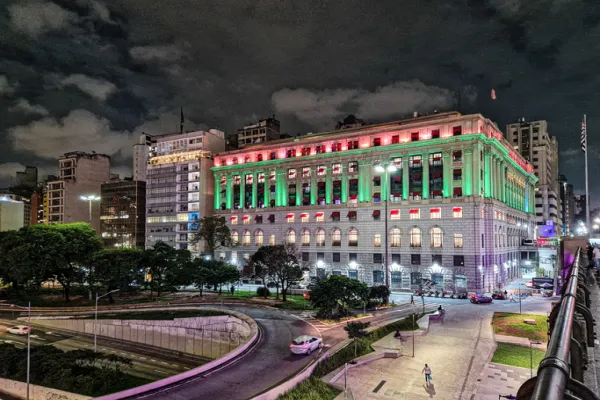Gone are the days when global financial markets were driven by rules laid down in Washington and New York, declares Beijing-based American lawyer and political activist Laurence Brahm. An adviser to China’s ruling State Council, Brahm wants to see an overhaul of the global financial system that will take into account the interests of all trading nations. In his book The Anti-Globalization Breakfast Club , published last month by John Wiley & Sons, Brahm calls on all market players to embrace the movement behind antiglobalization by allowing opinions from all regions to be considered during the worldwide discussions on financial reforms, which began late last year among leaders of the Group of 20 nations.
What caused this crisis, and how can we avoid making the same mistakes again?
Our assumptions have all been wrong. The Washington Consensus, where the U.S. sets the rules, is built on the assumption that the primary motivation of people is greed. People are more than greed; they also have compassion. We need to reengineer our financial system to usher in an era of compassionate capitalism, to rethink the nature of shareholder value and replace it with stakeholder value and to ask the questions: Is a company responsible to its community? Is it taking measures to protect the environment? These are no longer philosophical questions — they are questions of urgency. The Washington Consensus is dead.
What do you mean?
The G-20 will likely replace the G-7, but that’s just part of the evolution. We are evolving into a multilateral world where regional solutions will be a response to the failure of globalized institutions. China is looking for a bigger role, and the yuan is already being used as a convertible currency with neighboring countries. China has a stake in the U.S. financial system because it is the largest holder of U.S. Treasury notes — the value of the dollar is dependent on the backing of the Chinese yuan — and it’s the world’s largest buyer of natural resources. The era of the International Monetary Fund and the World Bank as the dominant voices in determining the financial order is over. The financial crisis clearly demonstrated this. There need to be regional stabilization funds and a consensus on financial matters. Reforms can no longer be driven out of Washington.
What’s the next step?
I propose a consensus that would preserve ethnic identity through culturally sustainable economic programs. It follows three approaches: pragmatism, egalitarianism and governance. Globalization must be balanced to protect ethnic diversity and indigenous culture, which in turn protects the environment.
Why are you pressing so hard for a more regional approach?
The centralized approaches of the World Bank and the IMF don’t address problems in a meaningful way. One example of a better way is the regional stabilization fund in Asia known as the Chiang Mai Initiative, a pragmatic response to the failed policies of the IMF. It’s time to reengineer the World Trade Organization and bring it back to the fair concepts of the General Agreement on Tariffs and Trade, which were supposed to address the needs of the developing world, not be a tool of the developed world. We need democracy in global institutions.






